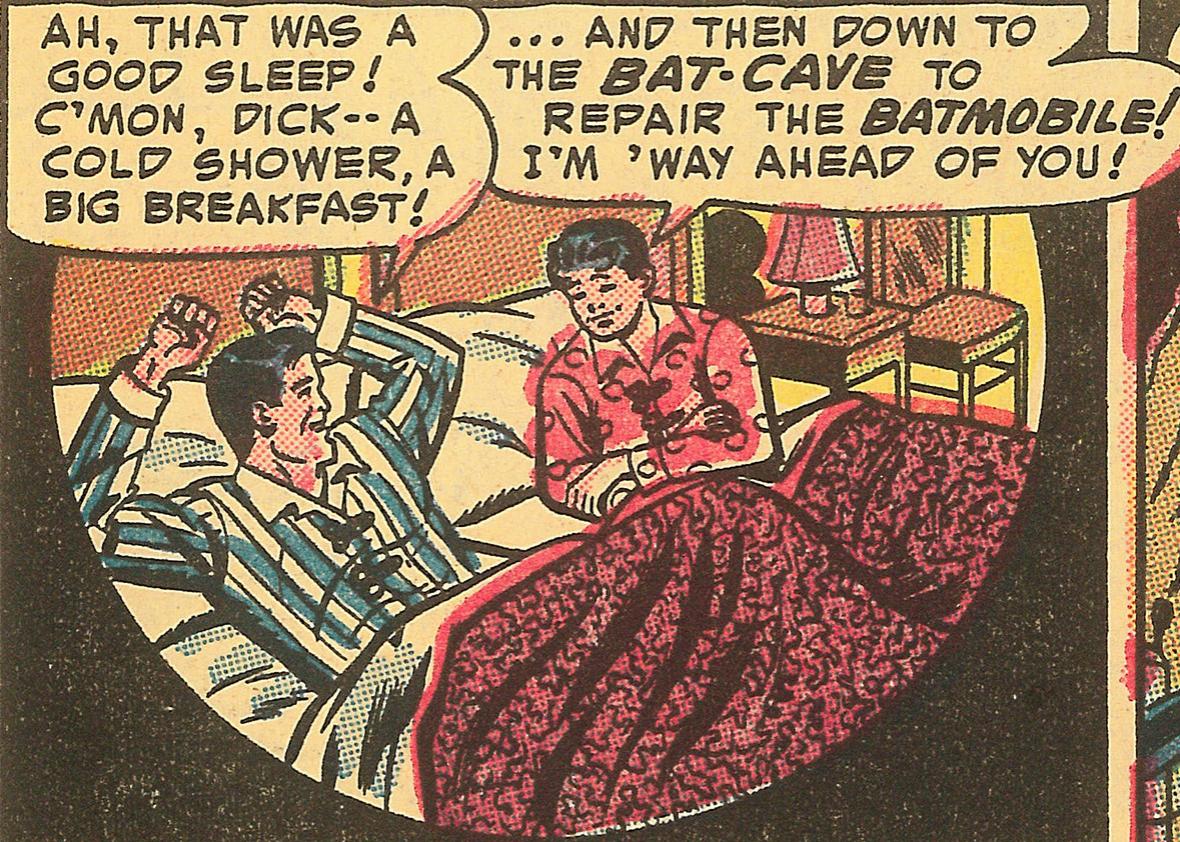Truths are based on perspective and experience.

Truth is
absolute. Everything based on perspective and experience is speculation, extrapolation, estimation, guesswork, intuition, etc.
So, either the ball is on the table, or it's not. If it's moved, when the guy who saw the ball on the table says it's presently on the table, that's extrapolation on his part, and not in any way truth. The truth of that situation is the ball
was on the table at the point he sampled its position. That people afford the same feeling of truth to probable scenarios as they do absolute truths is an aspect of the human thought process, but that doesn't change the nature of ground truth and we should never mix up a personal sense of reality with ground truth. Either there is a god or there isn't. Whether someone is certain there is or isn't a god isn't going to change the fact, and that person will just be right or wrong. There cannot exist a god for all those who know it's true, and at the same time not exist a god for all those who know god is not true.
Likewise, facts are absolute as measures of truth - the actual current state of the universe and everything in it - although the measuring process can be wrong. So facts are datapoints of stuff measured that are typically afforded a sense of truth until disproven, because we're working in a world of imperfect data. Although, of course, there are fake facts too, but these should technically be differentiated as lies.

So, fact, someone sees a console spec supposedly of an upcoming console. That the person
saw a console spec is a fact (assuming they weren't hallucinating!). That the console spec pertains to what is releasing in the future is not a fact nor truth though. Another fact, someone hears a console has been cancelled. They actually
heard that. Doesn't mean it's true, but the fact they heard that from their source is valid. If these events relate to the same product, both facts happened but, if one of them is true, only one is. Either the console exists or its been cancelled.
fact : someone saw a spec
fact : someone heard a cancellation
truth : either (console exists) OR (console does not exist)
I'm not really following what the facts and truth in contention here are, but felt the need to weigh in on what a truth is in this age of wishy-washy 'personal truths'. Regarding Obi-won's statement, it's only true or false depending on the definition of 'Darth Vader' and 'father' and 'killed'. If we take Darth Vader to be an alternate id to Anakin Skywalker, and take the gradual displacement of Anakin's id with Darth Vader's, you can kinda get away with saying DV killed Luke's father. The solid ground truth, not dependent on symbolic language to be justified, is Darth Vader is Luke's father, his biological progenitor, who turned evil and took on a different persona. That's the truth, even if flouncy language manages to express what happened in a symbolic way. Coupled with the fact Lucas was making up the story as he went along and DV wasn't originally Luke's father when Obi-won first explained it and he needed an explanation to introduce this plot twist, we see the truth isn't at all from a certain POV and the 'alternative fact' of DV killing Luke's father rather than being his father was an intellectual construct using words in metaphorical ways to excuse it being false.
Likewise in the Matrix, everyone in the Matrix is in the Matrix, whether they know it or not. When they eat an apple, they arne't eating an apple because in the universe, that apple doesn't exist. they are just receiving brain signals to make them feel they're eating an apple. The truth of that situation is they're in a giant computer thing in a vat of purple goo dreaming/hallucinating that they are eating an apple.






